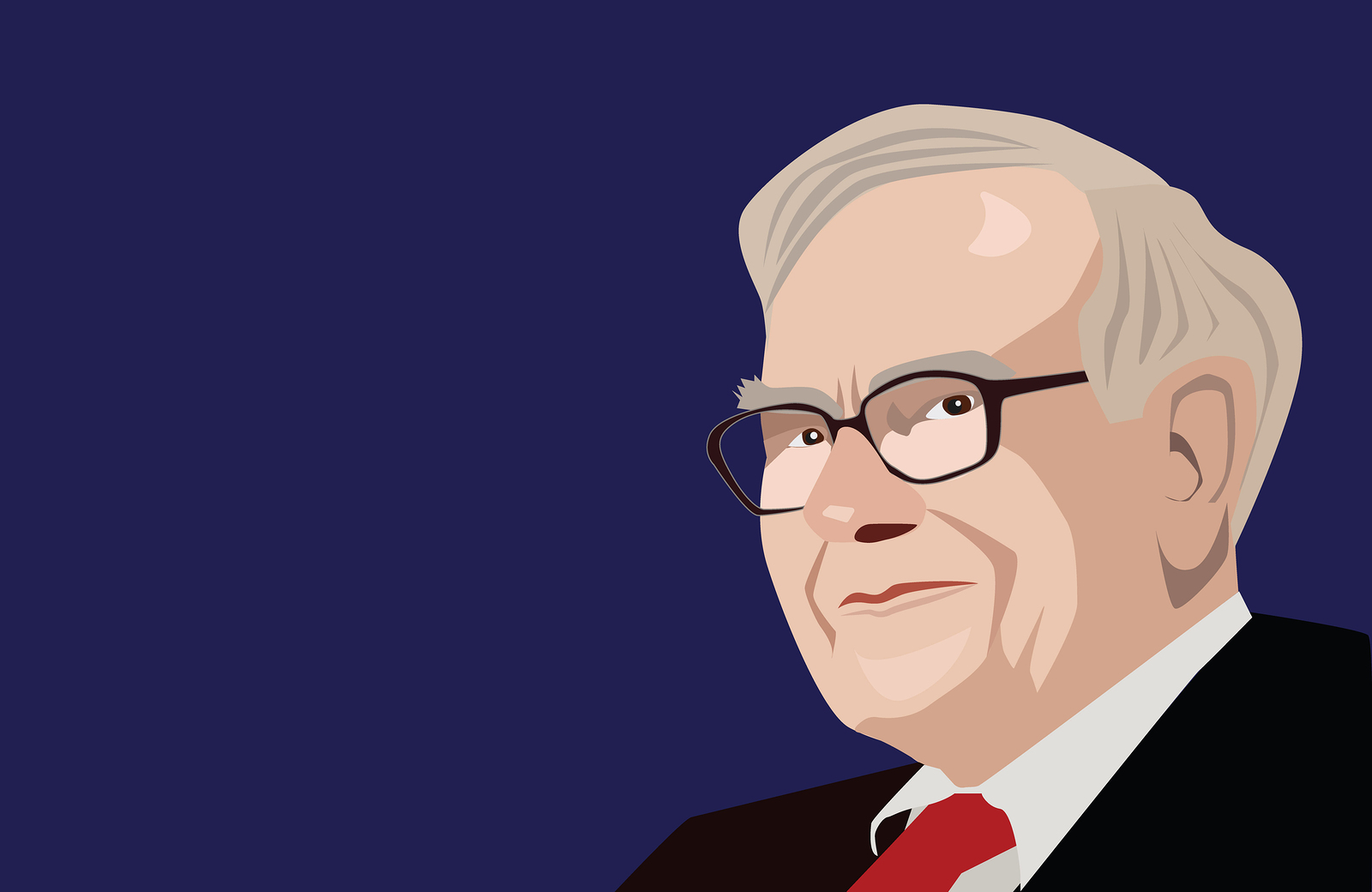You, Your Financial Well-Being and the Federal Reserve

"No matter how great the talent or efforts, some things take time. You can't produce a baby in one month by getting nine women pregnant." — Warren Buffett
Beginning in December 2016, the U.S. Federal Reserve (the Fed) had been gradually ratcheting-up the federal funds rate, until it reached its December 2018 level of 2.25–2.50%. Effective August 1, 2019, that changed: The Fed lowered the federal funds rate by a quarter point, to 2.20–2.25%. Even though the announcement was not a huge surprise, it was the first rate decrease since the thick of the 2008 Economic Crisis. As such, the move is receiving wide media coverage accompanied by the usual outpour of opinions on whether it will help or hurt us.
What does the rate change mean to your financial well-being? Is there anything you should “do” to your investment portfolio in response? We typically recommend you remain informed—but you act only on factors you can expect to manage within your personal investing. This is nearly always the case for economic events and other breaking news over which we have no control.
In that context, let’s take a moment to share some insights about the Federal Reserve funds rate.
 "No matter how great the talent or efforts, some things take time. You can't produce a baby in one month by getting nine women pregnant." — Warren Buffett
"No matter how great the talent or efforts, some things take time. You can't produce a baby in one month by getting nine women pregnant." — Warren Buffett "No matter how great the talent or efforts, some things take time. You can't produce a baby in one month by getting nine women pregnant." — Warren Buffett
"No matter how great the talent or efforts, some things take time. You can't produce a baby in one month by getting nine women pregnant." — Warren Buffett